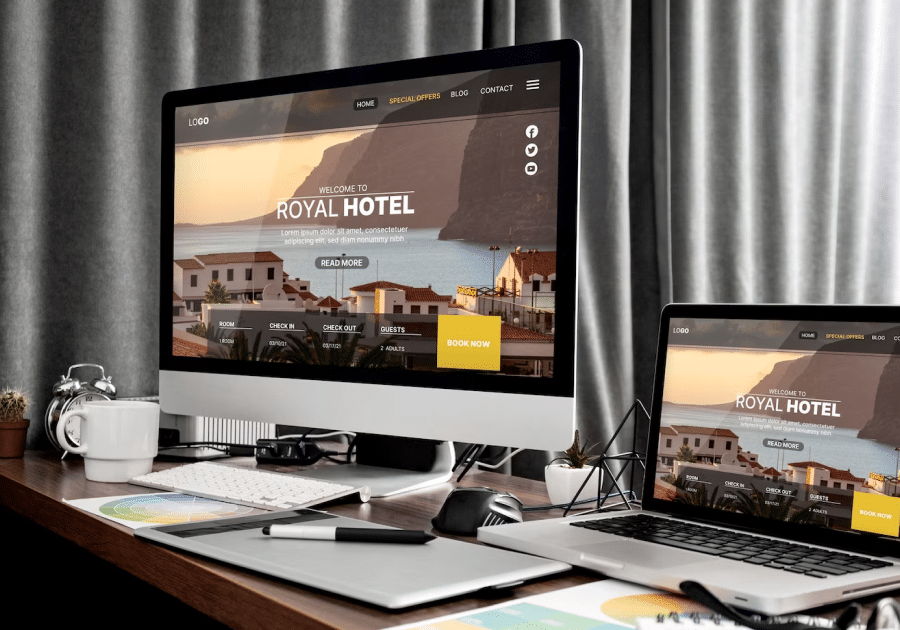In today’s digital age, social media has become an integral part of our lives, influencing how we connect, communicate, and consume information. But beyond personal interactions, social media has also transformed the landscape of branding. In this blog, we’ll explore the profound impact of social media on branding strategies.

The Rise of Social Media
Social media platforms like Facebook, Instagram, Twitter, and LinkedIn have billions of users worldwide, making them powerful tools for businesses.
Brand Visibility and Exposure
Social media offers unparalleled reach, allowing brands to connect with a global audience. It also provides sophisticated targeting options for reaching specific demographics.
Brand Authenticity
Brands can engage with customers in real time, addressing concerns and fostering authenticity. Transparency in communication builds trust and credibility.
User-Generated Content
User-generated content serves as authentic endorsements, amplifying a brand’s reach. Brands can cultivate communities around their products or services.
Challenges and Risks
Brands must be prepared to handle negative feedback and crises. Additionally, maintaining customer data privacy is crucial to maintaining trust.
Real-World Examples
Dove’s Real Beauty Campaign challenged traditional beauty standards, earning global acclaim. Wendy’s witty and humorous Twitter interactions garnered significant attention.
Measuring Social Media Impact
Brands can track engagement metrics, such as likes, shares, comments, and brand mentions. They can also analyze how social media leads to website visits and conversions.
Conclusion
Social media’s impact on branding is undeniable. When used strategically, it can amplify brand visibility, foster authenticity, and create connections with a vast and diverse audience. To thrive in the digital landscape, businesses must harness the power of social media in their branding strategies.









